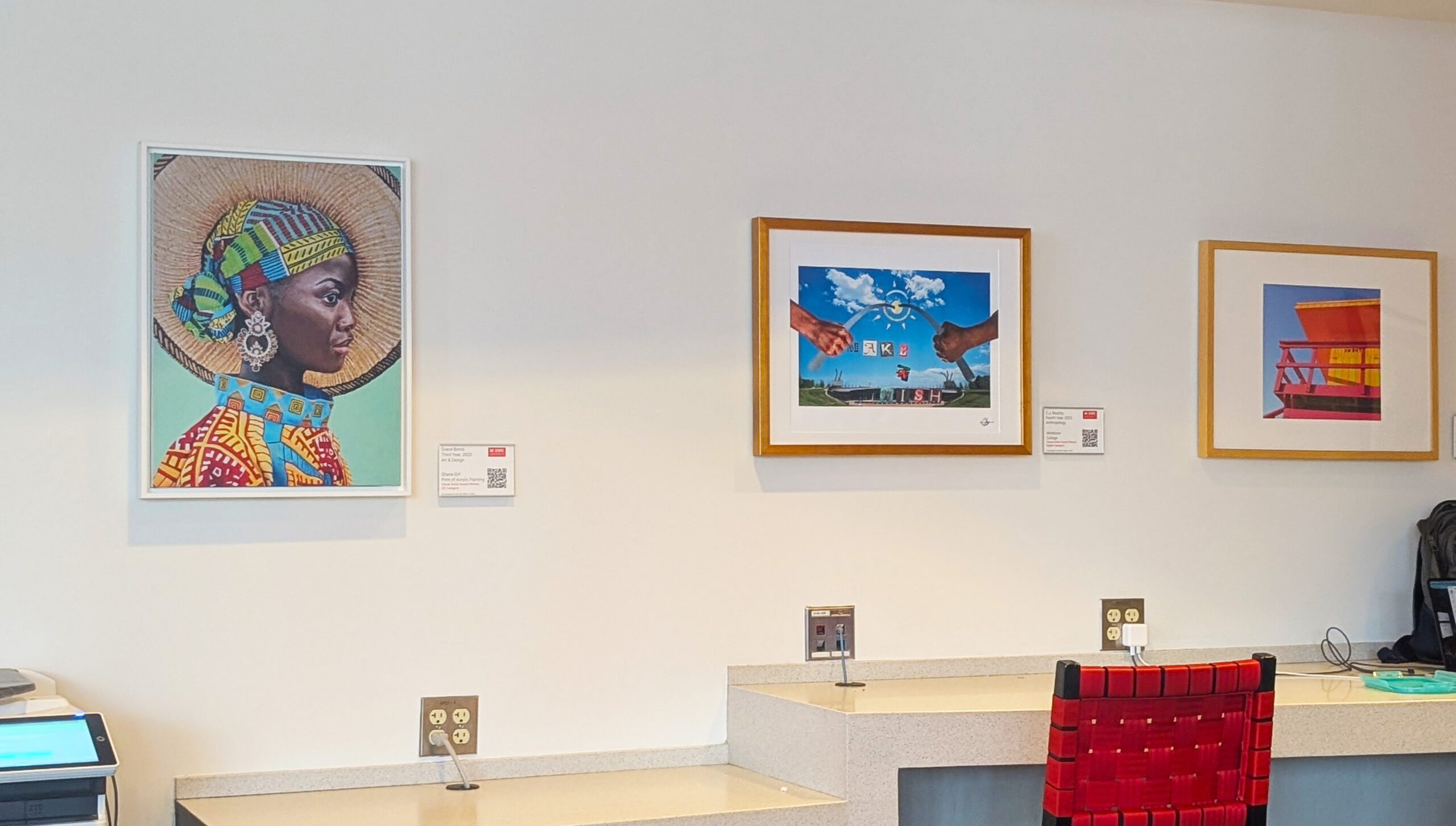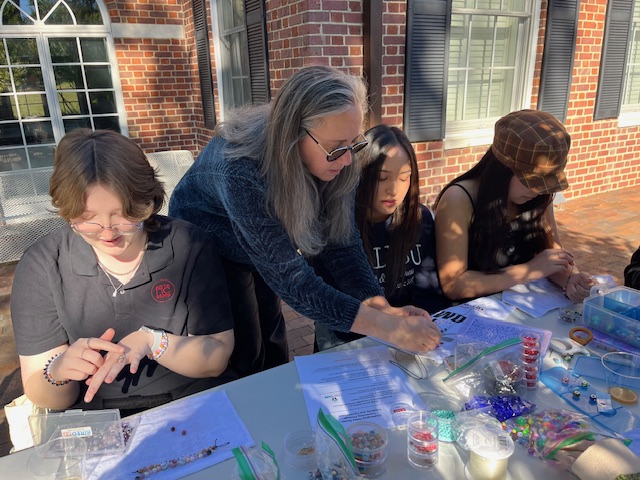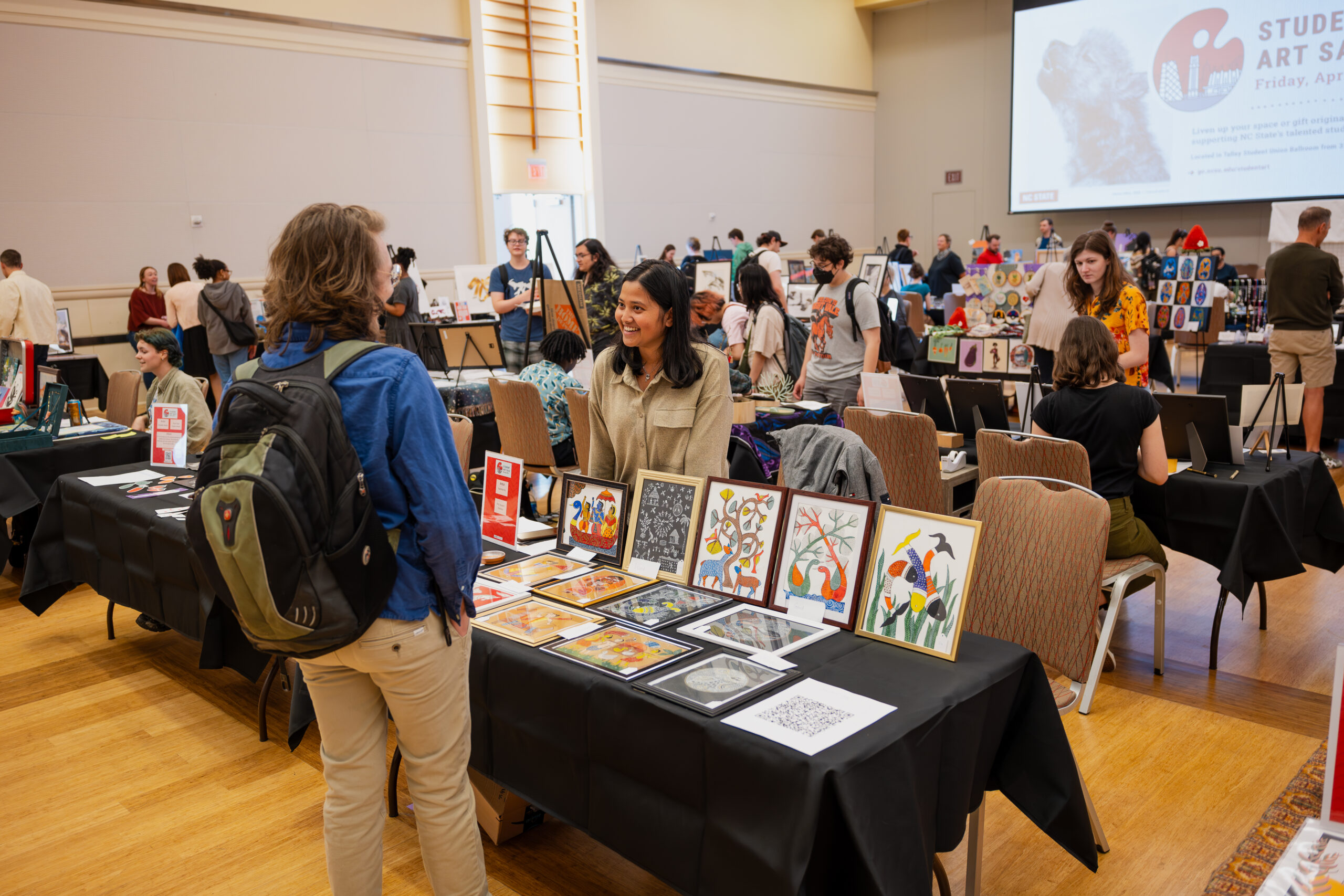Our Life in The Arts
Questions, reality, and musings on a life of joy and wonder
Vol. 1, No. 7
July 9, 2021
It Takes a Village
By Rich Holly
I suspect every reader has heard the phrase “It takes a village” numerous times in their life. The original phrase includes “…to raise a child,” and I do think that makes great sense. I also like to think that all artists are children their entire lives, perhaps to varying degrees, but children nonetheless. We engage in – indeed, thrive – due to playing, acting, making, creating, dreaming, falling down and getting up, breaking, building, and fooling around: all important parts of how children grow up.
Here’s a favorite story of mine, to illustrate some points: breaking, building, and fooling around. My best friend from birth through elementary school, Billy, use to love to take toys apart, toys that were not meant to be taken apart. His mother – and my mother, when we were at my house – allowed him to do that, partly because nobody could stop him, he was so intent on it! Eventually he started being able to put them back together. He was interested in erector sets and small electronics kits at a much earlier age that I was, or any of our other friends, for that matter. I consider his mother and my mother key figures in his village at that point, by supporting him in his quest to figure out how things were made. Oh, and Billy went on to become President and CEO of a large electronics firm.
When I think of the makeup and importance of a village, I think of a combination of leader(s), mentors, cheerleaders, peers, healers, support personnel, roadies, and appreciators, with villagers often all pulling in the same direction or working toward similar goals.
Some readers know that I spent considerable time studying and performing the drumming and dancing of West African nations. In addition to what I hear as infectious rhythm, the element of dancing/drumming/singing and appreciating by all villagers at one time was (and is) a strong motivator for me to want to better understand the music and culture.
Here’s a short video I came across recently – notice the entire Ghanaian village watching and listening and therefore providing support to the drummers and dancer:
I also think pretty regularly about humility and respect. I’m sure there are times when I’ve been darn far away from being humble and practicing respectfulness, yet I try to ground myself in these values as much and as often as possible. And thinking fondly of my assortment of villages throughout my life helps me do that.
I couldn’t have had my career, my life, if it hadn’t been for several villages. And, whether you’re ready to admit it or not, neither could you.
And here’s a suggestion that I hope you’ve already considered and acted upon: You can’t go through your career being only on the receiving end of the benefits of a village. You must “give back” in order to keep it going. Be a cheerleader. Be a support person. Be a mentor. Be a leader.
As I write this, it’s Ringo Starr’s 81st birthday – and this song, which he sang, reminds me of the importance of our villages:
I had this crazy idea that I would count the number of people in my life who have been part of my various villages. In pretty short order, after writing some figures down, I realized what an insanely tall order that would be. So, instead, I thought of classifications I might assign to villages, knowing that there are several Venn diagrams among these classifications.
Here are just some of the villages I have benefitted from and thank my lucky stars for very frequently:
- my immediate family when I was a child
- my current immediate family
- childhood friends and neighbors
- music teachers
- music ensemble members
- the public school system I attended
- peers and friends while attending college
- sports teams I played on
- the worldwide network of percussionists, Percussive Arts Society
- my university colleagues
In terms of “giving back,” that concept was a huge driver in my decision to pursue my career as a university faculty member, which eventually became a career in university administration, and has led to appointments and roles with musical instrument manufacturing corporations, education boards of directors, arts boards of directors, and so on.

I hope you’ll take time, as I do, on a regular basis to think fondly of family members, friends, and peers who had a positive impact on your artistic growth. Think of all the people – formal teachers and in informal settings – who taught you something that has aided your ability to move forward with your career. Who was there for you to encourage you? Who helped you up off the ground when you needed that help (real or metaphorically)? Who brought you sustenance when you were too busy to get it yourself?
I believe we all need reminders that we are not in this alone and never have been. Villages – communities – circles of friends – and what-have-you, are not just important, but imperative. Make sure you have a current village (or two or three). Respect those that helped you along the way, remain humble, and freely share loads of reasons why other people would include you in their villages.
* * * * *
Rich Holly serves Arts NC State and the NC State University community as the Executive Director for the Arts.
- Categories:


